A tie-up between Glastonbury and Southampton Solent University is a ‘win-win’
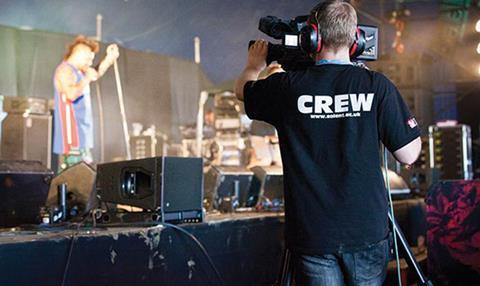
This weekend’s Glastonbury Festival will, as ever, receive blanket coverage across the BBC’s TV and radio channels. The annual music event has a lower-key second media partner too: Southampton Solent University.
Every year since 2006, Solent has sent around 40 media students to Worthy Farm to produce outside broadcast coverage, make documentaries for Glastonbury’s website and shoot news packages for international agencies and broadcasters.
This unique collaboration with the university allows the festival to showcase less mainstream artists and areas, while Solent is able to provide its undergraduates with career-enhancing experience. It is, as Ben Challis, executive producer of the festival’s own Glastonbury TV, says, “a win-win situation”.
Solent in turn works directly with the BBC, operating a digital media distribution hub throughout the festival, from which quick-turnaround highlights of headline acts are sent around the world.
This year, Solent will be filming artists such as Fat Boy Slim on the Sonic Stage. Last year, footage of Rudimental’s show-stopping antics were featured on BBC3 that same evening, and the university aims to deliver the same high-speed, high-quality delivery this time around.

Hands-on experience
At its roots, the relationship between Solent and Glastonbury encapsulates the university’s approach to media education. By working closely with partner organisations to develop demanding real-world projects, the university gives its students a chance to build practical experience and skills – a valuable head start for entry into the TV industry.
One engine driving this ‘employer engagement’ is Solent Productions, the university’s in-house media production centre. Established in 2007, this innovative agency manages large projects such as Glastonbury and Bestival, while its stable of student talent produces a wide range of commissioned work for real-world clients.
Creative Skillset has recognised Solent Productions as exemplifying best practice in real-world student support, helping students take advantage of professional opportunities and develop their expertise in live broadcasting, and with emergent technologies such as 4K.
The university has drawn recognition from Creative Skillset in other ways, too. Its TV production, advertising and computer and video games courses are all Skillset accredited, while Solent is partnering with the industry body on a multi-university bid to the Higher Education Funding Council for England to pilot higher apprenticeships and fast-track degrees.
Working with the Technology Strategy Board, Solent has run a number of Knowledge Transfer Partnerships that enable engineering and IT companies to develop their own media production capabilities – which in turn provide employment for graduates and growth for industry.
Extending this core principle of students working with employers is Solent Creatives, an in-house media agency for projects ranging from web design to animation. More than 600 firms have so far commissioned student work through the agency, kick-starting new creative start-ups along the way, while Solent says early evidence from its pioneering Five by Five initiative – embedding creative graduates into five companies and measuring the benefit to these firms – is highly promising.
Award-winners
The university is reaping the benefits of this ongoing emphasis on nurturing professional talent. The 2014 Royal Television Society award for Best Student Documentary went to Sam Clarke and Matt Farrant for Birdman, while my film The Last Taboo won Best In-House Production at the Learning on Screen Awards 2014.
For now, though, all thoughts are on Glastonbury, where a second OB unit from Solent will shoot the weekend of pop and politics at Billy Bragg’s Leftfield stage. In the tenth anniversary year of the stage, its performances and debates will reach more people than ever before.
Tony Steyger is principal lecturer in film and TV at Southampton Solent University

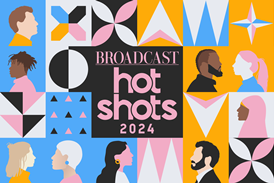






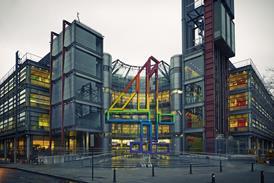
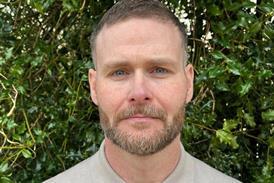

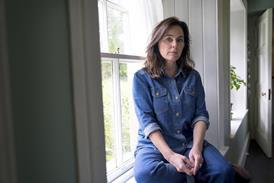
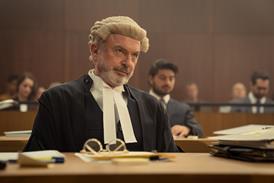
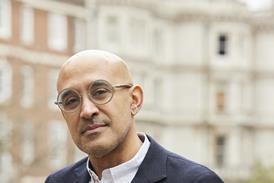
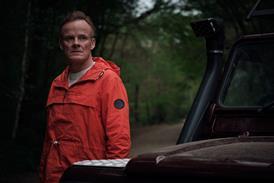
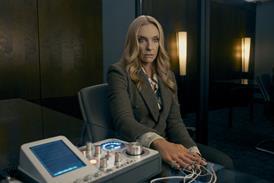
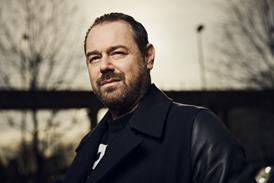

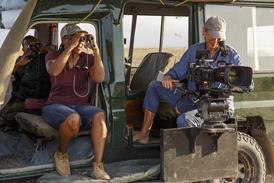

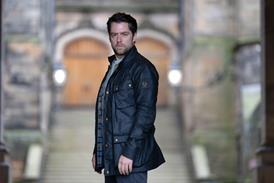
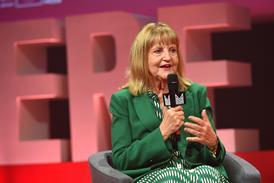



No comments yet